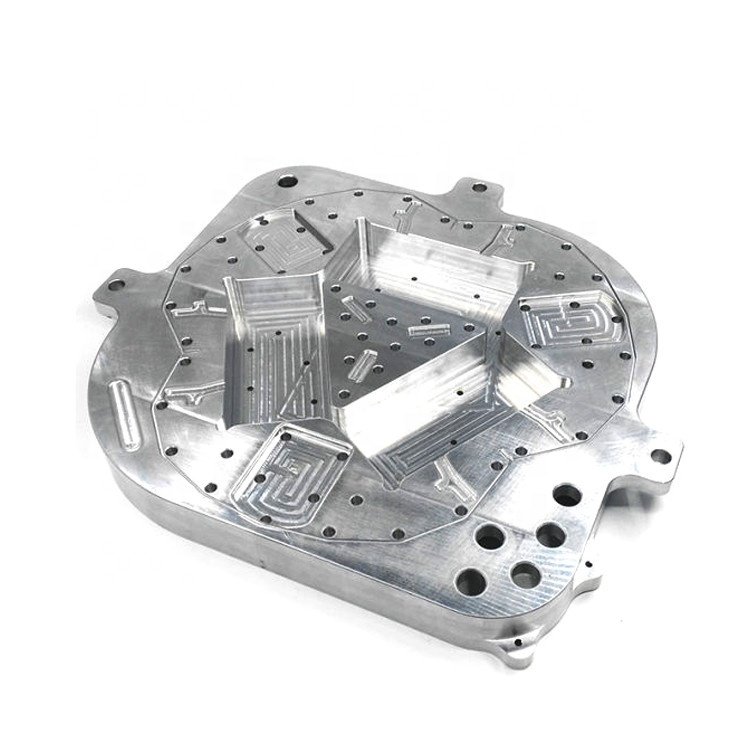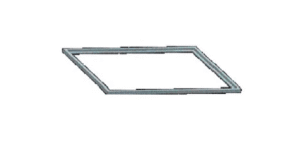Aluminum CNC Machining Service
YPMFG's CNC machining services support a wide range of aluminum grades, including 6061, 7075, 2024, 5052, and more, ensuring we can meet the specific mechanical and surface requirements of your project.

Aluminum CNC Machining Services
At YPMFG, we specialize in precision Aluminum CNC machining to deliver high-quality components for industries such as automotive, aerospace, electronics, robotics, and consumer products. With advanced multi-axis CNC machines, our team can handle complex geometries, tight tolerances, and both low- and high-volume production.
Aluminum is widely used in manufacturing thanks to its excellent strength-to-weight ratio, corrosion resistance, and machinability.
Why Choose Our Aluminum CNC Machining?
- Precision & Accuracy – Advanced CNC equipment ensures tight tolerances and consistent quality.
Material Versatility – Multiple aluminum alloys available for different applications.
Surface Finishing Options – Anodizing, bead blasting, powder coating, polishing, and more.
Rapid Prototyping & Production – From single prototypes to large-scale production runs.
Quality Assurance – Strict inspection processes, including CMM testing, guarantee every part meets specifications.
Applications of Aluminum CNC Machined Parts
Aerospace structural components
Automotive performance parts
Electronic housings and enclosures
Robotics and automation components
Custom machinery parts
Aluminum Typical Mechanical Properties
Aluminum Alloy Grades
Tensile Strength (MPa)
Yield Strength (MPa)
Hardness (Rockwell)
Elongation (1/16 in) at Thickness
5052-H112
175
195
60
12
5083-H112
180
211
65
14
6061-T651
310
276
95
12
7050-T7451
510
455
135
10
7075-T651
572
503
150
11
2024-T351
470
325
120
20
Aluminum Typical Physical Properties
Aluminum Alloy Grades
Thermal expansion coefficient (20) μm/m·k
Melting point range (℃)
Conductivity (Ω/ACs)
Resistivity (Ω/mm2/m)
Density (ρ/g/cm3)
2024-T351
23.2
500-635
30
0.058
2.82
5052-H112
23.8
607-650
35
0.050
2.72
5083-H112
23.4
570-640
29
0.059
27.2
CNC Machining Resources

Thin-Walled Aluminum Frame Machining Process
Struggling with deformation in thin-walled aluminum machining? Discover how we achieve flatness ≤0.12mm and thickness tolerance 0~-0.018mm through advanced process planning, stress control, and custom fixture design. Reliable precision machining for high-end applications.

CNC Machining in Automotive Manufacturing
The automobile manufacturing industry is one of the key pillars of modern industry. With the rapid development of the global automotive sector and intensifying market competition, the requirements for precision, performance, and consistency in automotive parts have become increasingly stringent.

The Ultimate Media Blasting Guide: Types, Applications, Cost…
Understand media blasting in detail, how it works, materials used, pros and cons, cost considerations, and tips for achieving optimal surface preparation and finishing results.

